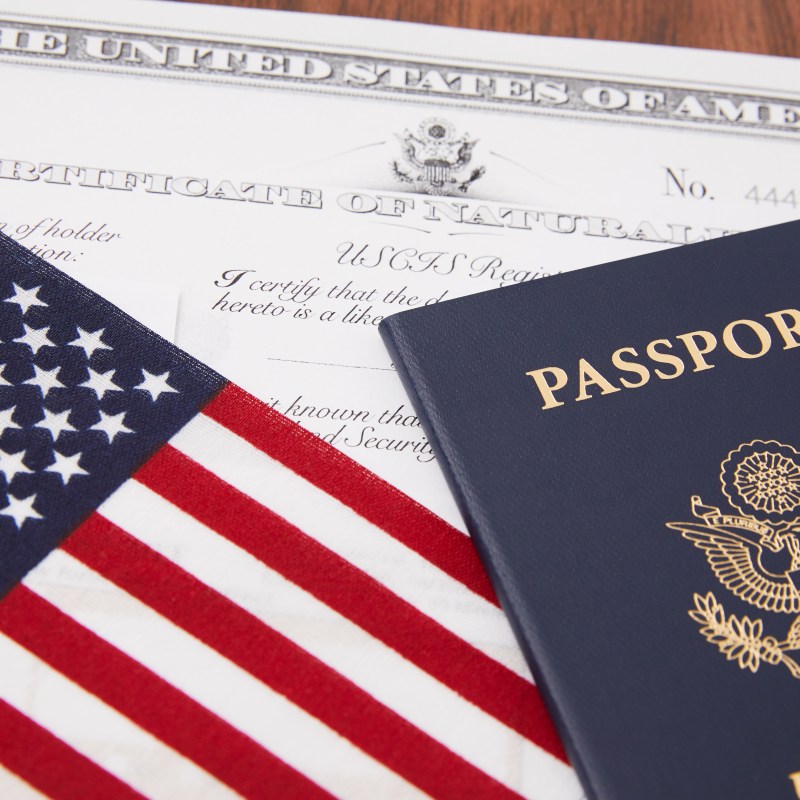
In addition to expanding the US travel ban, there’s a new topic that hopeful visitors to the United States need to know about: hiked visa costs.
Videos by TravelAwaits
Traditionally, the US has charged $160 for non-immigrant visas, which cover tourists, business travelers, students, and more. That price hiked to $185 on June 17, 2023—a number that many thought would hold for years.
For comparison’s sake, the EU doesn’t currently charge guests any money to enter the Schengen zone. And even when the ETIAS system does launch, visitors will only pay a €7 fee. Meanwhile, the UK recently launched a modest ETA fee that costs £16 or around $20.
However, both fees are largely funneled toward the cost of electronically tracking tourists who enter the country and region, respectively.
The US Department of State is taking things in another direction with its new ‘visa integrity fee’. Upon the approval of the Big, Beautiful Act, the US nonimmigrant visa integrity fee is now $250—and it could keep growing.
What’s behind the visa integrity fee?
So far, we don’t have too much information about the fee, but there’s apparently a possibility that the $250 could be reimbursed, in certain cases. This fee would be added on top of all other US non-immigrant fees, including student and business visas.
Visitors who are approved for their original visa will then be prompted to pay the $250 visa integrity fee. For example, if you’re a student who pays the $535 for an F-1 Student visa, you will also be responsible for paying the $250 integrity fee for a total of $785. Those who are denied a visa won’t be charged.
However, all members of the Visa Waiver Program do not need to pay the visa integrity fee, which covers 42 countries, from Qatar to Latvia to New Zealand to Brunei.
How can travelers be reimbursed for the US visa integrity fee?
Again, there’s plenty of gray area when it comes to the visa integrity fee. Though the framework for the fee is in place, the program hasn’t been implemented yet. As mentioned above, it’s possible that the visa integrity fee will be offered on a reimbursement basis.
According to the Department of State, visa holders can apply for a reimbursement so long as they haven’t accepted unauthorized employment during the duration of their stay.
While I’m but a humble travel blogger and not a lawmaker, I’d say that the reimbursement policy doesn’t make too much sense, given that the US Congressional Budget Office has said that the fee could generate close to $30 billion from the 2025-2034 period.
In other words, if you know anyone heading to the US as a tourist who isn’t part of the Visa Waiver Program, I wouldn’t plan on getting that $250 back anytime soon.
